The secret to having a good herd of cows is “breeding, feeding and culling”, says Denis O’Donoghue, a Kerry milk supplier farming at Rathcoole near Millstreet in Co Cork. Operating in a farming company with his son, Denis, the O’Donoghues are milking 96 cows on a 72ac milking platform.
The herd has full pedigree status and a very high EBI at €186, on average, with all cows genotyped. They delivered 633kg MS/cow to Kerry last year from 1.5t of meal per cow, despite having fed whole milk to calves in 2020.

The O'Donoghues with the judges of the Kerry Agribusiness milk quality awards
A diet feeder is used to feed the cows over the winter and supplement the herd at the shoulders of the year when at grass. Silage, alfalfa and meal is fed through the wagon.
On the day of the judges’ visit, the herd was on 4kg of meal, as grass growth was only just recovering from a short drought. The herd was milking 28l per cow per day at 3.62% protein and 4.08% fat, or 2.22kg MS/cow.
There were 35 straws of sexed semen used this year across the cows and heifers.
The heifers are kept indoors on the same plane of nutrition until they are all served. Lower EBI stock are sold. The six-week calving rate for 2021 was 75%.
All of the farm is on target for soil pH, with regular lime applications keeping the farm on track.
Two-thirds of the farm is on target for phosphorus and potassium, with one-third at index two for both nutrients.
Seventy per cent of the slurry is spread in springtime using the Donoghues’ own slurry spreader with dribble bar.
Silage is normally cut on 10 May, but it was delayed this year due to the weather, so they expect quality to be lower than the usual 74% DMD.

Solar panels pre-heat the water on the O'Donoghue farm
Spotless
Facilities on the farm can only be described as superb, with a spotless yard and excellent equipment.
A solar-powered water heater above the milking parlour pre-heats the water to 45°C before it goes through the gas water heater.
Total bacterial count (TBC) levels are currently around 2,000 to 3,000, which is exceptional.
Denis explains that they use four filter socks per day, with a new sock used for every milking and every wash.
There is some clover present in the paddocks, but probably not yet at the level required to be able to reduce nitrogen fertiliser usage.
The secret to having a good herd of cows is “breeding, feeding and culling”, says Denis O’Donoghue, a Kerry milk supplier farming at Rathcoole near Millstreet in Co Cork. Operating in a farming company with his son, Denis, the O’Donoghues are milking 96 cows on a 72ac milking platform.
The herd has full pedigree status and a very high EBI at €186, on average, with all cows genotyped. They delivered 633kg MS/cow to Kerry last year from 1.5t of meal per cow, despite having fed whole milk to calves in 2020.

The O'Donoghues with the judges of the Kerry Agribusiness milk quality awards
A diet feeder is used to feed the cows over the winter and supplement the herd at the shoulders of the year when at grass. Silage, alfalfa and meal is fed through the wagon.
On the day of the judges’ visit, the herd was on 4kg of meal, as grass growth was only just recovering from a short drought. The herd was milking 28l per cow per day at 3.62% protein and 4.08% fat, or 2.22kg MS/cow.
There were 35 straws of sexed semen used this year across the cows and heifers.
The heifers are kept indoors on the same plane of nutrition until they are all served. Lower EBI stock are sold. The six-week calving rate for 2021 was 75%.
All of the farm is on target for soil pH, with regular lime applications keeping the farm on track.
Two-thirds of the farm is on target for phosphorus and potassium, with one-third at index two for both nutrients.
Seventy per cent of the slurry is spread in springtime using the Donoghues’ own slurry spreader with dribble bar.
Silage is normally cut on 10 May, but it was delayed this year due to the weather, so they expect quality to be lower than the usual 74% DMD.

Solar panels pre-heat the water on the O'Donoghue farm
Spotless
Facilities on the farm can only be described as superb, with a spotless yard and excellent equipment.
A solar-powered water heater above the milking parlour pre-heats the water to 45°C before it goes through the gas water heater.
Total bacterial count (TBC) levels are currently around 2,000 to 3,000, which is exceptional.
Denis explains that they use four filter socks per day, with a new sock used for every milking and every wash.
There is some clover present in the paddocks, but probably not yet at the level required to be able to reduce nitrogen fertiliser usage.





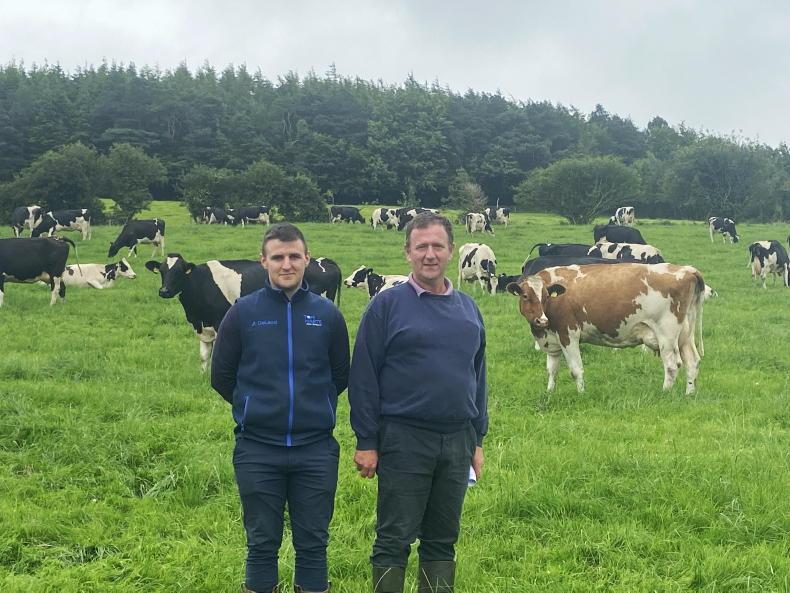

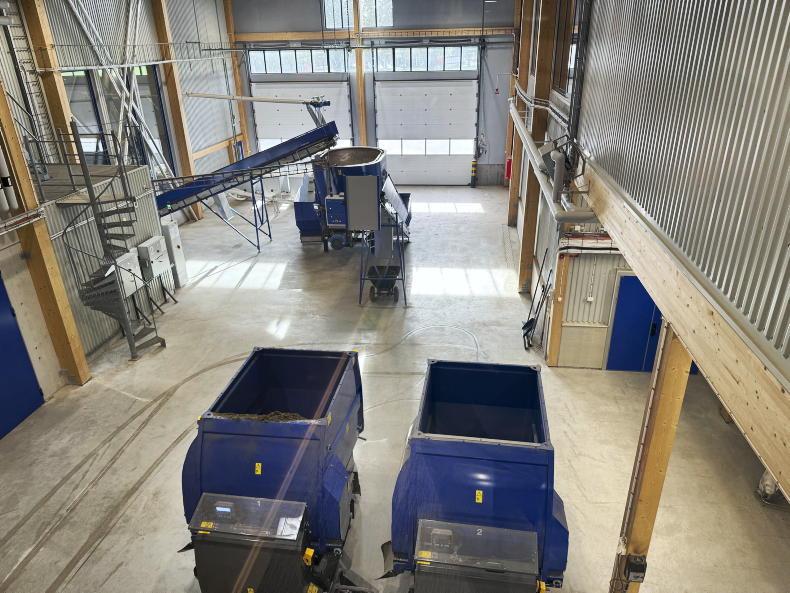

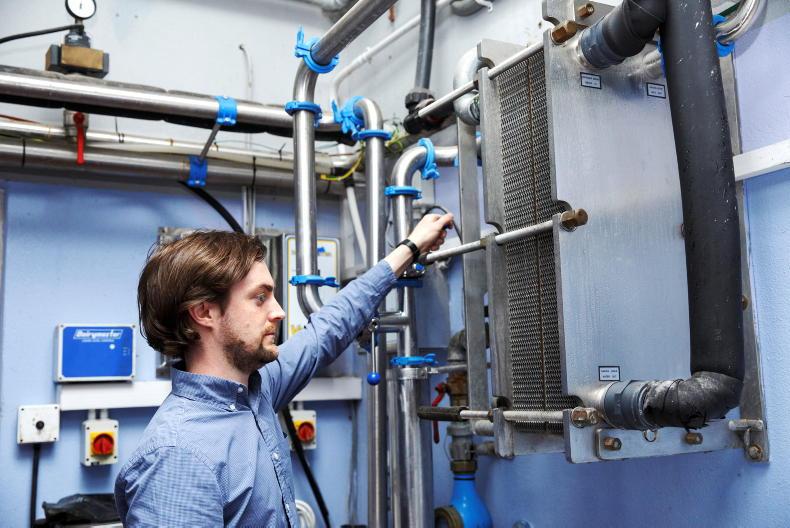
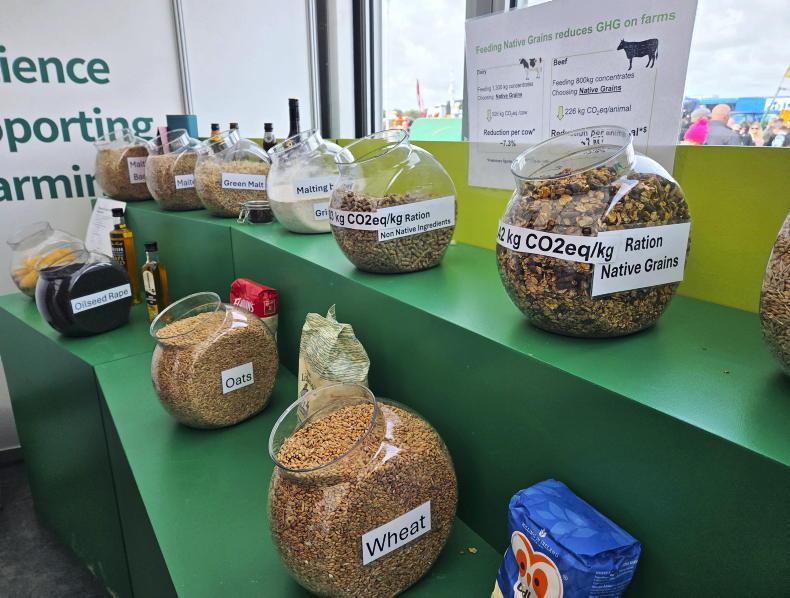
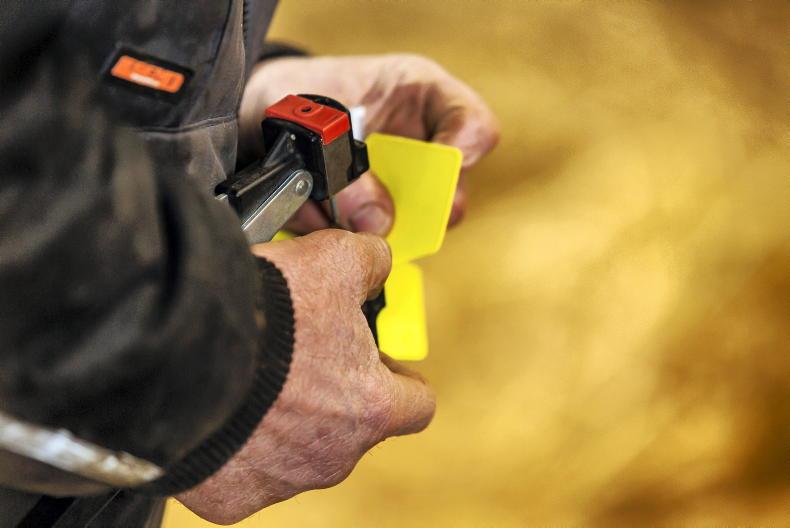
SHARING OPTIONS